UN conference to deal with carbon reductions
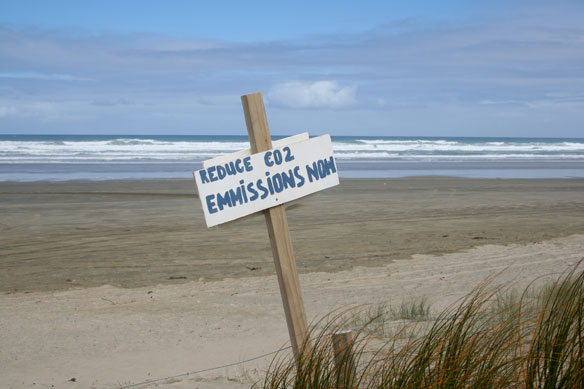
Amid fresh warnings of climate-related disasters in the future, delegates from about 190 countries were gathering in Durban for a two-week U.N. conference beginning Monday. They hope to break deadlocks on how to curb emissions of carbon dioxide and other pollutants, as the stakes for the negotiations are high, underscored by new scientific studies.
Sand Mining In Badagry Suspended Due To Environmental Degradation; Nigeria
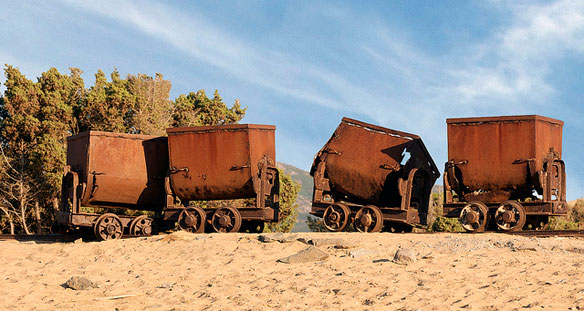
Governor Fashola of Lagos State has ordered the suspension of all forms of surface sand mining in Badagry area of Lagos, southwest Nigeria, as a result of environmental degradation. The suspension is sequel to a petition written by a resident in Badagry.
India Stems Tide Of Pollution Into Ganges River

Even as pollution levels in the Ganges River continue to rise, recent legal rulings may offer up a new defense of the sacred waterway. The Allahabad High Court, in the northern state of Uttar Pradesh, ordered the closure of more than 100 tanneries that pour tons of toxic chromium into the Ganges each year …
Illegal sand mining threatens Suvali’s ecosystem, India
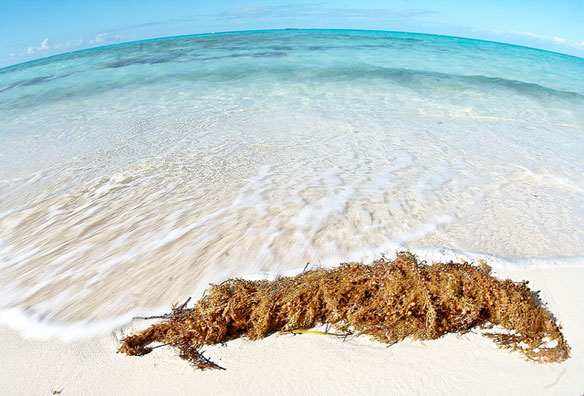
Continuous illegal sand mining from costal village near Surat, has created threat upon the existence of the beaches. Miners are pumping out sand without any fear, while the administration appears totally unaware about the entire situation.
Chevron Accepts Responsibility For Oil Spill Off Brazil’s Coast
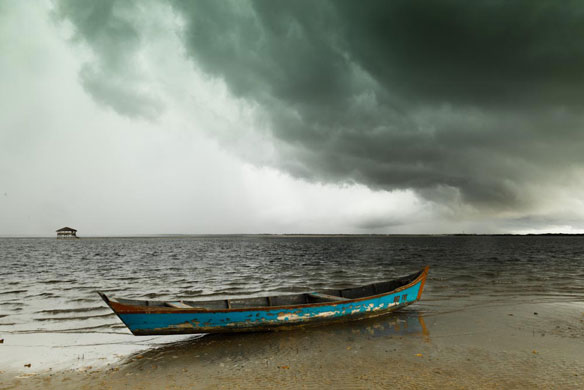
California oil giant Chevron Corp. promised to fully clean up a spill off Brazil’s coast, taking responsibility for an accident that has become a major test for one of the world’s fastest-growing oil frontiers. 416,400 litres had leaked so far, since the accident happened almost two weeks ago…
UN: Concentrations Of Greenhouse Gases Hit Record

Ahead of the 12-day UN meeting in Durban, the World Meteorological Organisation (WMO) on Monday reported that carbon dioxide (CO2), the biggest source of heat-trapping gases, had accelerated to a new peak in 2010.
Stranded Polar Bears at Kaktovik, Barter Island, Alaska

Possibly hundreds of bears are becoming stranded on the coastal plain of North Alaska, because they cannot reach the retreating sea ice. Will Rose and Kajsa Sjölander, captured shots of stranded polar bears as part of “70° North”, a multimedia project documenting the impact of climate change and resources exploration in the Arctic.
Taxes on natural resources reduce use of raw materials
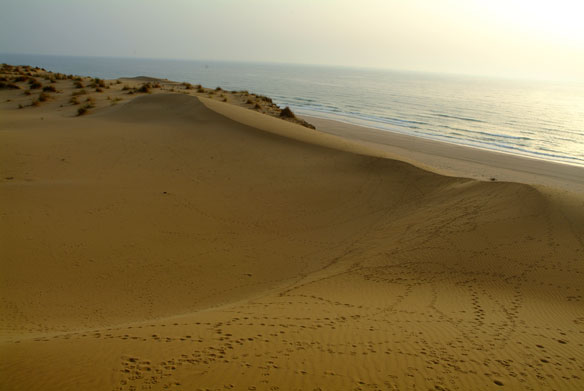
A policy that taxes virgin natural resources (resources that are used for the first time) can be a way of conserving limited resources. This type of tax can also reduce environmental damage, by encouraging the use of less harmful materials or recycled materials that serve the same purpose. This avoids the waste and emissions associated with extraction of raw materials and with the processing of products made from the natural resources.
East Coast And Tsunami Risks

For about the past five years, researchers at the U.S. Geological Survey, have been gauging the potential for tsunamis generated by landslides in submarine canyons in the mid-Atlantic to strike the U.S. Atlantic and Gulf of Mexico coasts.
